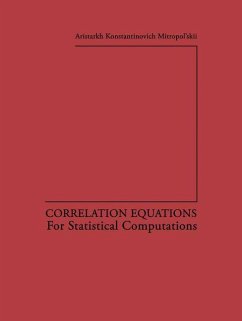High Quality Content by WIKIPEDIA articles! The natural logarithm is the logarithm to the base e, where e is an irrational constant approximately equal to 2.718281828. The natural logarithm is generally written ln(x), loge(x) or sometimes, where the base of e is implicit, just log(x). The natural logarithm of a number x is the power to which e would have to be raised to equal x. For example, the natural log of e2 (approximately 7.389) is 2, the natural log of e itself is 1 because e1 = e, while the natural logarithm of 1 would be 0, since e0 = 1. The natural logarithm can be defined for all positive real numbers x as the area under the curve y = 1/t from 1 to x. The simplicity of this definition, which is matched in many other formulas involving the natural logarithm, leads to the term "natural." The definition can be extended to non-zero complex numbers, as explained below. Logarithms can be defined to any positive base other than 1, not just e; however logarithms in other basesdiffer only by a constant multiplier from the natural logarithm, and are usually defined in terms of the latter. Logarithms are useful for solving equations in which the unknown appears as the exponent of some other quantity.







